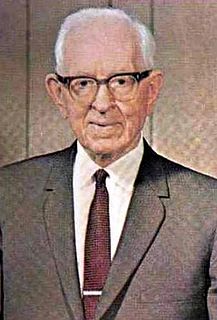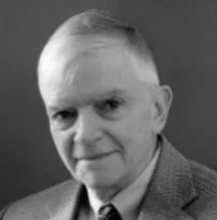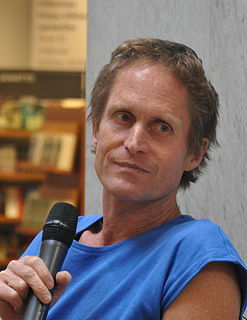A Quote by Socrates
In my investigation in the service of the god I found that those who had the highest reputation were nearly the most deficient, while those who were thought to be inferior were more knowledgeable.
Related Quotes
The hardest bits of my book to read were the easiest bits to write because they were the most immediate. Probably because I had never stopped thinking about them on some level. Those bits I was just channelling and those were the most exciting writing days. The bits I found harder were the bits that happen in between, you know, the rest of living. There were whole years, whole houses, that I just got rid of.
There is a reason why one man is born black and with other disadvantages, while another is born white with great advantages. The reason is that we once had an estate before we came here, and were obedient; more or less, to the laws that were given us there. Those who were faithful in all things there received greater blessings here, and those who were not faithful received less
... as recently as the mid-1970s, the most well-respected criminologists were predicting that the prison system would soon fade away. Prison did not deter crime significantly, many experts concluded. Those who had meaningful economic and social opportunities were unlikely to commit crimes regardless of the penalty, while those who went to prison were far more likely to commit crimes again in the future.
By 18th century standards, they [Great Britain] were the freest, most dynamic, most willing to challenge tradition and authority. They had the highest wages and highest living standard, and probably the most engagement between the populace and the government of any country. Then the United States took those same qualities to the nth degree, and the British were suddenly appeared stodgy and tradition-bound.
All those people who went out [to Occupy Wall Street] missed work, didn't get paid. Those were individuals who were already feeling the effects of inequality, so they didn't have a lot to lose. And then the individuals who were louder, more disruptive and, in many ways, more effective at drawing attention to their concerns were immediately castigated by authorities. They were cordoned off, pepper-sprayed, thrown in jail.
In refugee camps around the world, I met people who were gone. They were still walking around but had lost so much that they were unable to claim any sort of identity. Others I met found who they truly were, and they generally found it through service to others. They became teachers when there was no school, books or pencils.
Those who were on the inside, the majority that is, for them it had been hard to get his point, mostly they were just pleased that they were on the inside, that they were the fittest. For those on the outside, the fear and abandonment amounts to almost everything; everybody knows that. Understanding is something one does best when one is on the borderline.
In other words, it is what I do in the world that matters. When I traveled for three months in the Mideast, the places I wanted to go back to were Turkey and the Gaza Strip. It has to do with what Gandhi said: he found God in the eyes of the poor. Those are the places which were so moving that they were just unbearable.
We thought that the odds of things working OK were up in the upper 90 percent or we wouldn't have gone. But the - there were some problems cropped up on the flight but was able to take care of those OK and - although they were things that we hadn't really trained that much for. But it was the time of the Cold War and so there were was a lot of pressure on the - to get going and the Russians were claiming that they were - Soviets were claiming they were ahead of us in technology.









































